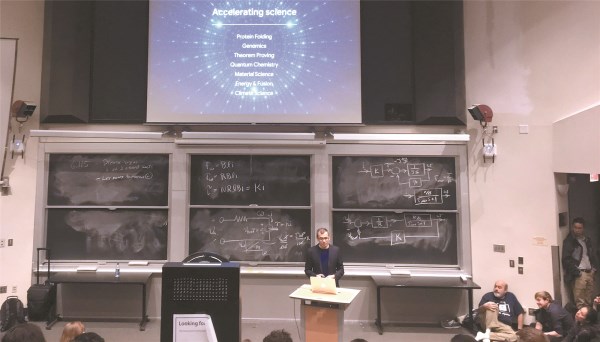Luo Jar-Der a, Shuai Man b, and Yang Kunhao c
a and c Department of Sociology, School of Social Sciences, Tsinghua University
b Department of Sociology, School of Humanities and Social Sciences, Xi’an Jiaotong University
Abstract:Individual and community social capital have had a significant impact on the gap between trust in higher-level governments and trust in local governments. A model including data from thirty villages gathered after the Wenchuan earthquake discovered that “the size of the Spring Festival (Chinese New Year) greeting network,” “the size of the official network at/above township level,” and “trust in fellow villagers” all had a considerable negative effect on the gap between trust in higher-level and local governments. Building individual and community social capital is conducive to establishing a balance between trust in different layers of government; individuals and communities who cooperate with each other have more channels for solving their economic and livelihood issues. Social capital can lead to a significant improvement in the effectiveness of resource matching and utilization involving governments and other sectors of society as well as increasing interaction with government.This can enhance trust in local governments and narrow the gap between trust in higher-level and local governments.
Keywords:trust in government,community social capital,individual social capital,trust gap



